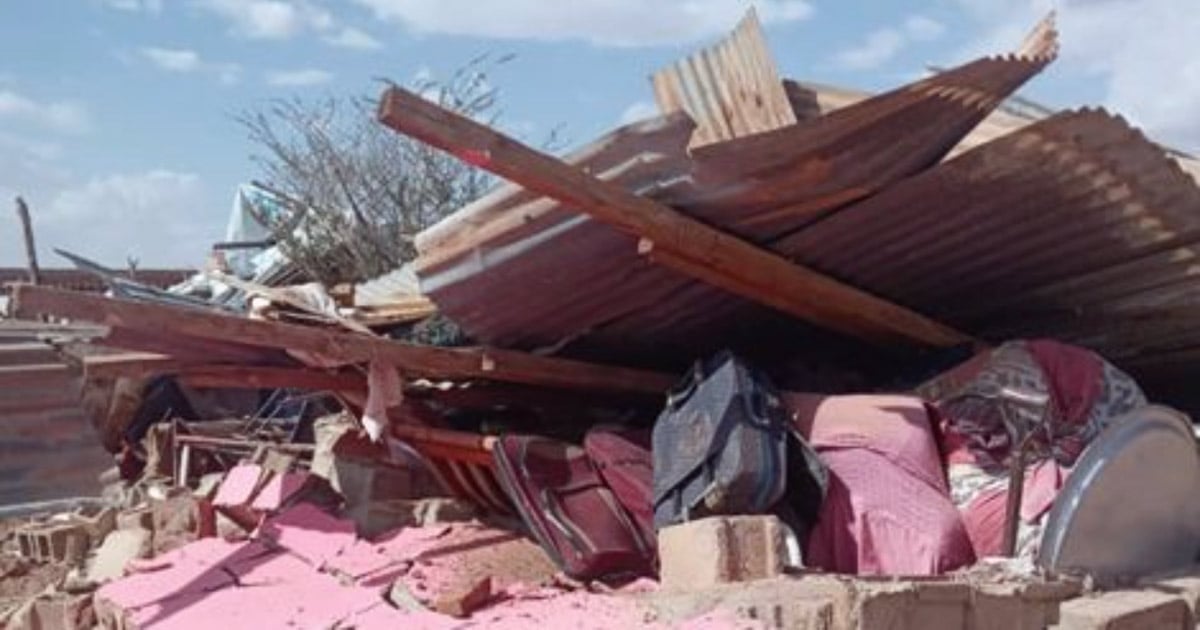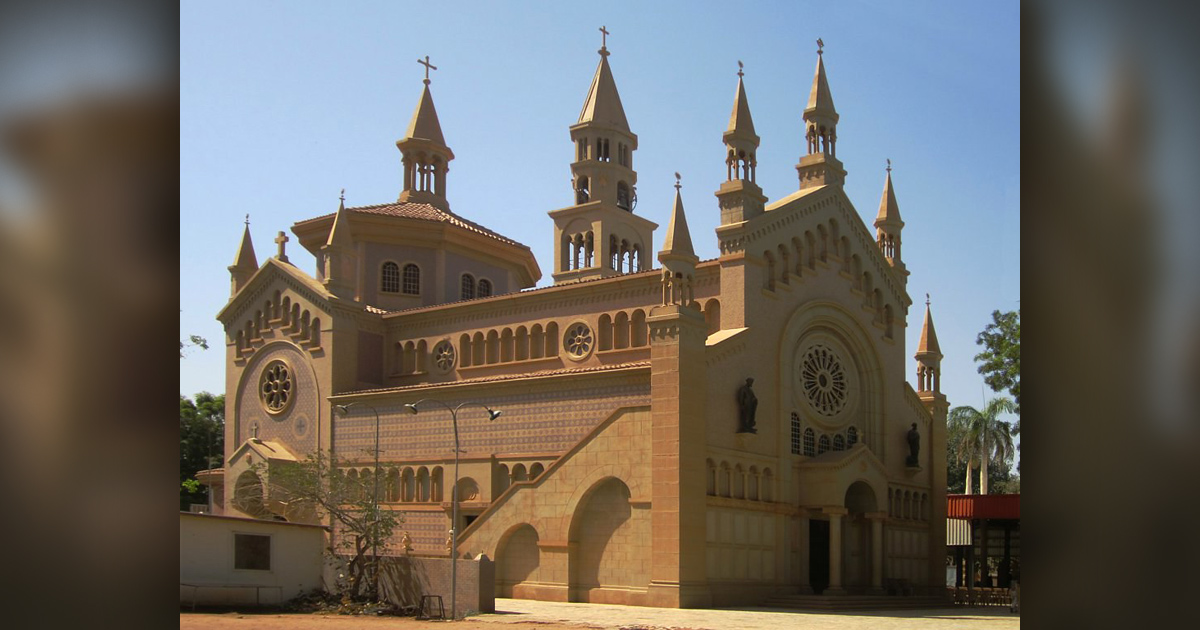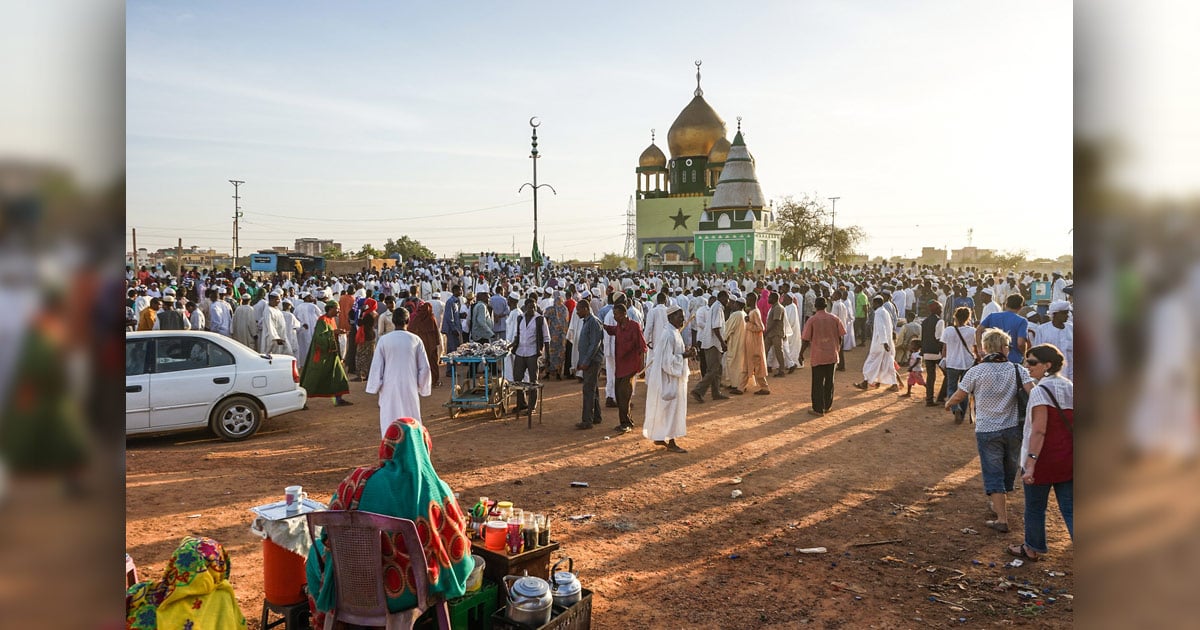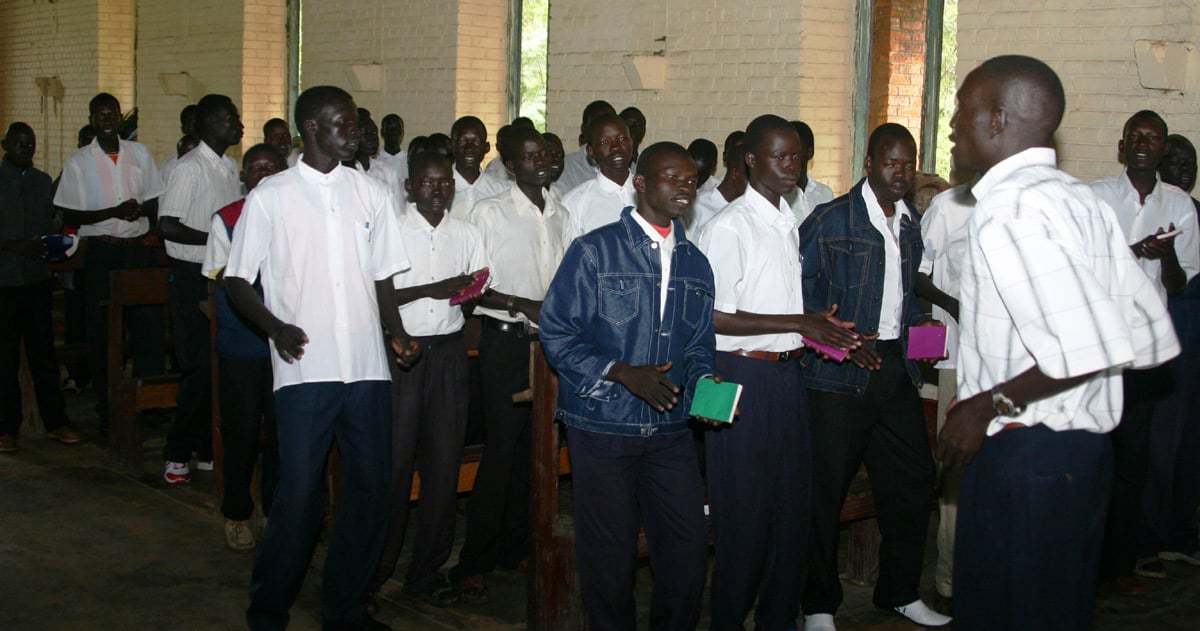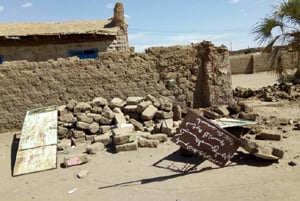
In May, this church in east Khartoum was demolished.
Photo: Middle East Concern
On August 2nd, the Sudanese government demolished another church in the city of Omdurman. This incident occurred the day after members of the Khartoum state parliament rejected an order by the Minister of Education, Farah Mustafa, that all Christian schools in the capital must operate on Sundays.
The Baptist Church in Omdurman, just west from the capital city of Khartoum (across the Nile River), was on the list of 27 churches designated for destruction last year by the Sudanese government. Officials claim that the churches were in violation of the designated purposes of the land on which the structures were built. Additionally, they refuse to grant permission for the building of any new churches, stating that the existing church premises are sufficient for the needs of the country's Christian minority.
The European Union Special Envoy for Freedom of Religion or Belief, Ján Figel, raised this issue in March during his visit to Sudan. Although he was told that some of the demolitions have temporarily ceased, since then more churches were destroyed and a church worker killed during an attempt to intervene.
Back in October 2015, an evangelical church was demolished in Omdurman after only 72 hours' notice. This past May, a church in the Suba region of Sudan's capital was demolished and two church members detained after refusing to open the church's gates for the demolition. These church members, Bulis Salah and Naji Abdalla, were later released.
Despite the MPs rejection of the order that all Christian schools in Khartoum must open on Sundays, a statement was recently issued by Mr. Mustafa asking Christian-run schools to adhere to the country's official weekend, consisting of Friday and Saturday. Therefore, the schools are now obliged to treat Sundays as a regular workday. Learn more about the challenges facing Christians in Sudan by reviewing our country report.
While facing threats that the walls of their remaining churches could crumble around them, pray that our Christian brothers and sisters in Sudan will find their safety, stability and refuge in the Lord, who promises throughout the Scriptures to be their "Rock," "Fortress" and "Deliverer" in times of trouble. May He grant these believers the courage to remain faithful and true to Him, despite the pressures placed upon them by governmental leaders. At the same time, plead for His divine intervention, bringing a complete halt to the destruction of their remaining places of worship. Pray that Sudan's officials will soon realize that their actions are not only going against the country's Christian citizens; most importantly, they are opposing the Almighty God Himself. "The fear of the Lord is the beginning of wisdom, and the knowledge of the Holy One is understanding" (Proverbs 9:10).

 Population
Population